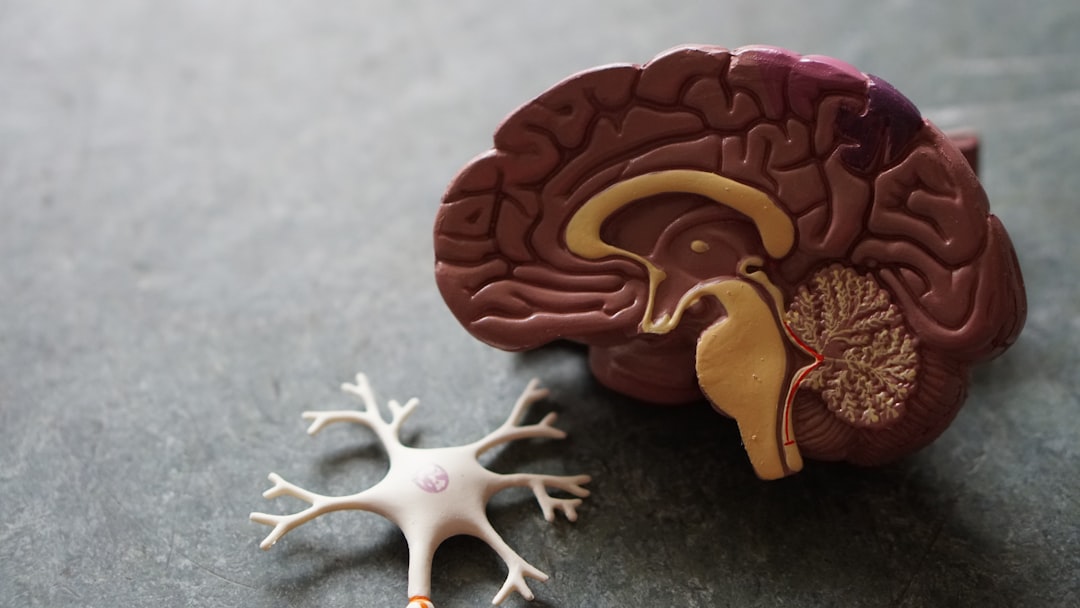What is it about?
The paper explores the motivational basis of the use of the bicycle for daily travel necessities in a big city. Different from previous research on cycling, this study used a social psychological model (Perugini and Bagozzi's model of goal-directed behaviour) as a theoretical framework and focussed on prediction of desires. A total of 387 residents of Rome (Italy) were administered a structured questionnaire measuring attitudes, subjective norms, perceived control, positive and negative anticipated emotions, desire, and past behaviour concerning their use of the bike in the city. Results showed how positive emotions mediated the effects of attitudes, perceived social norms, and negative emotions on desire. This suggests that the affective factors could play a more direct role in orienting people's desire in relation to both the behaviour considered and the particular context: a large city where mobility is based on motorised systems and support facilities for bicycles are scarce.
Featured Image
Read the Original
This page is a summary of: The bicycle and the city: Desires and emotions versus attitudes, habits and norms, Journal of Environmental Psychology, June 2014, Elsevier,
DOI: 10.1016/j.jenvp.2013.12.011.
You can read the full text:
Contributors
The following have contributed to this page










